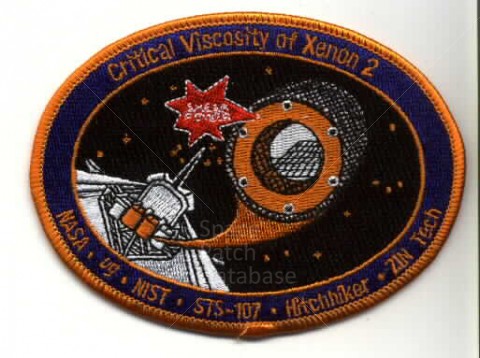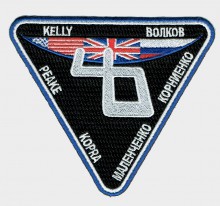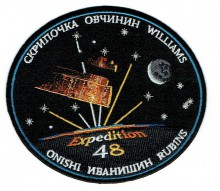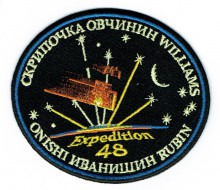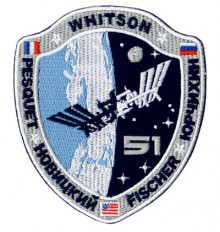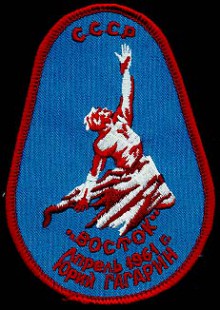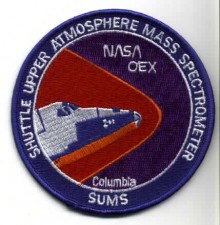FREESTAR, which stands for Fast Reaction Experiments Enabling Science Technology Applications and Research, was a payload of six separate experiments on the Space Shuttle Columbia.
It was mounted on a crossbay Hitchhiker Multipurpose Equipment Support Structure in the shuttle's payload bay during the STS-107 flight, which ended with the disintegration of Columbia during re-entry into the Earth's atmosphere. Although data was lost in the re-entry, much of the data collected while in space, such as that from MEIDEX, had already been transmitted to ground stations.
Critical Viscosity of Xenon-2 (CVX-2)
The Critical Viscosity of Xenon-2 Experiment measures the viscous behavior of xenon – a heavy, inert gas used in flash lamps and ion rocket engines – at its critical point.
The data from the CVX-2 experiment was believed lost in the disaster. The hard drive that carried its data, a Seagate ST9385AG 2.5" hard drive with 400 MB storage capacity,[1] was found and believed to be melted beyond recognition. In 2008, however, a data recovery specialist cleaned the hard drive's storage platters and rebuilt them into a new hard drive. They were able to recover 99% of the data, saving the experiment.
- Log in to post comments

